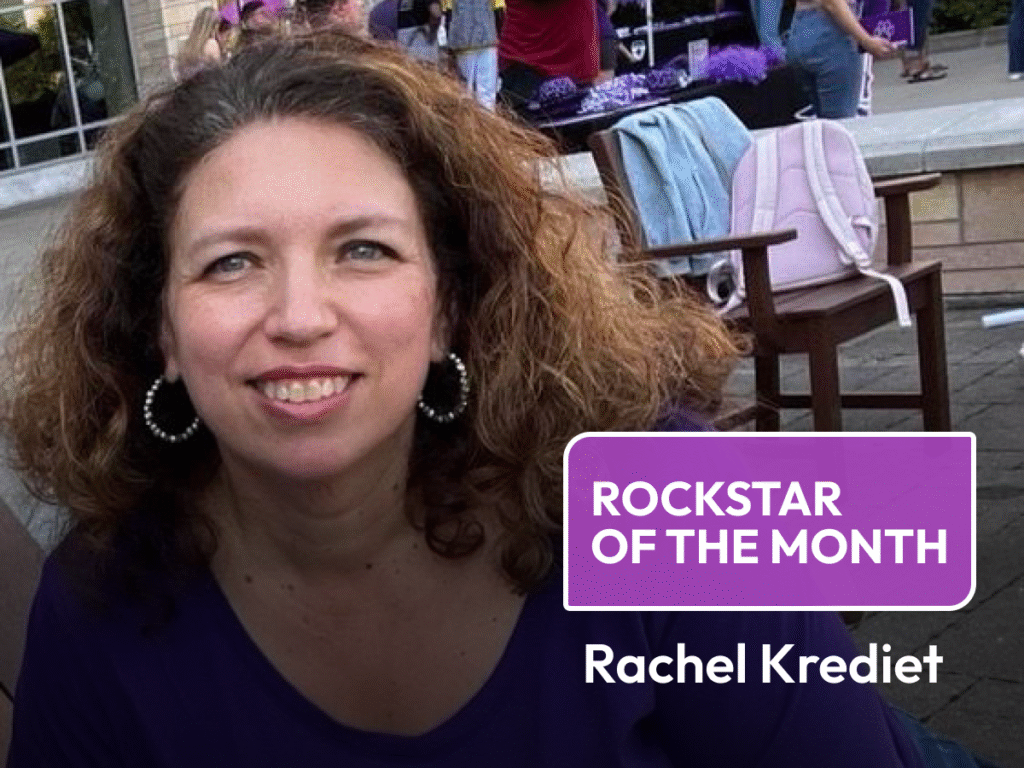We have all experienced times when we ate for emotional instead of hunger reasons. Maybe it’s rewarding yourself with a special treat after finishing a project or grabbing a crunchy snack to angrily munch on after a stressful meeting. Eating for reasons outside of hunger from time to time is no big deal—we’ve all been there. But if using food to soothe difficult emotions is the only coping strategy, that’s when things can start to get tricky. We are often left feeling guilty from overeating and still have to deal with the challenging emotions we were trying to cover up in the first place. Food may help us feel better in the moment but the relief is fleeting, and we often end up feeling worse and ashamed which only perpetuates this vicious cycle. Worse yet, we lose out on learning healthy ways to cope with emotions and self-soothe. Today’s article will hopefully shed some light on how to break out of this unhelpful emotional eating habit.

Emotional vs Physical Hunger
One of the first steps in overcoming emotional eating is recognizing it. This may sound obvious, but sometimes it is hard to tell the difference between types of hunger. Emotional eating usually appears suddenly, while physical hunger comes on slowly overtime. The urge to eat may not feel as dire (unless it’s been a long time since you have eaten) and many different types of food (including healthy options) sound satisfying. Emotional hunger, on the other hand, usually demands a very specific craving (like something sugary or high in fat that will give you an instant rush) and feels more urgent. Emotional hunger doesn’t go away once you have eaten and may lead to mindless overeating that still leads you feeling unsatisfied. This often leads to feelings of regret, shame, or guilt instead of comfortable satisfaction.
So what can you do? First, take a moment to check in with yourself before reaching for that snack. We have discussed identifying hunger levels in a previous post here but it’s always a good reminder to identify how you are feeling too before eating. Common triggers for emotional eating may be stress, boredom, procrastination, or to numb or “stuff” down uncomfortable emotions that you want to avoid experiencing. Maybe it’s a habit developed in childhood (rewarding yourself with ice cream after finishing a project at work the way your parents rewarded you for a good report card) or influenced by your current social situation (it’s easy to overeat when you are out to eat with friends and distracted or see everyone else continuing to eat).
Once you have identified the emotion you are feeling, it might be helpful to start tracking your feelings and what you ate (or wanted to eat). This way you can start to identify patterns that can help you better prepare for challenging circumstances that trigger overeating. And remember, in the beginning this exercise isn’t about stopping emotional eating immediately. These may be habits that you have had for a long time and they won’t change overnight. The goal here is just to start being more mindful about what may be triggering us to eat for emotional reasons. If you check in with yourself and realize that you are stressed and not physically hungry but still grab that piece of candy—that’s ok! It’s not about perfection, just progress. Once we can start to see our patterns, then we can start to learn healthier ways to manage these emotions.
Finding Healthier Ways to Cope With Your Emotions
Once you have identified what triggers the emotional eating, what could you do instead that might actually help you feel better in the long term not just momentarily? If you are feeling lonely or sad, maybe try calling a friend to talk it out or playing with your cat or dog. If you are feeling anxious or stressed, try going for a walk or dancing to a favorite song to get out some of the nervous energy. If you are feeling exhausted, try taking a power nap or giving yourself permission to just sit and relax for a few minutes before returning to your work. If you are bored, read a book, watch a TV show or pick up a fun hobby to keep you entertained. Make a list of things you can do besides eating that you can refer back to when you are in the moment.
You may be thinking to yourself, when I’m stressed going for a walk is not going to feel as good as eating a piece of chocolate, and I get it! It’s tough to change habits in the beginning. But it doesn’t have to be black or white. Don’t tell yourself you can’t give into the craving (that will just make it more tempting), but can you do something else for 5 minutes? Or just one minute? Even delaying a craving can be a big win.
Sometimes the core of emotional eating is that we don’t want to feel our bad feelings because we think we won’t know how to handle them. So we try to distract or stuff down our emotions with food. We might be scared that once we experience those bad feelings, they’ll never stop. But the truth is that even uncomfortable feelings eventually subside. Especially if we allow ourselves to experience them in the moment without trying to suppress them. In other words, get comfortable with feeling uncomfortable sometimes. If you feel like you need more support in this, consider connecting with a therapist or talk to your Enara team about our Behavioral Psychologist and Behavioral Health courses.
Learn to Enjoy Your Food
Often when we are eating when we are not hungry (and experiencing feelings of shame or guilt), we eat quickly and mindlessly and end up not even enjoying the experience. This leads to continued feelings of dissatisfaction which may lead to even more overeating. Instead, try slowing down and savoring your food. Accept that maybe you are eating because you are sad instead of hungry but that’s ok, and you are still going to enjoy this eating experience without judgment. Try to eat without distractions and really tune into the taste and textures of what you are eating. The more you are able to do this, the more you may find that you are satisfied with smaller portions or that the food is actually not what you needed at that moment.
Make Self-Care a Non-negotiable Priority
Taking care of yourself on a regular basis will make it easier to handle life’s stressors in a healthy way. Work on making exercise a regular and enjoyable habit. Exercise is great for mood and energy levels, and is a great way to relieve stress. Find something that you enjoy doing and that doesn’t feel like it’s another chore (like walking with a friend or taking a fun dance class). Make sleep a priority to avoid further stressing your body and make time for relaxation: give yourself a small break from your responsibilities to take a hot bath, meditate, or do anything else you find relaxing. Our lives are so overfilled nowadays this may seem like a big ask, but just start small. Even 5 to 10 minutes a day can make a difference, or schedule relaxation time in a few days per week like you would for a meeting or workout. And lastly, lean on your support system. Talking through your problems with friends, family, or your Enara team can make a huge difference in how you feel and how you are able to healthfully handle anything life throws at you.



